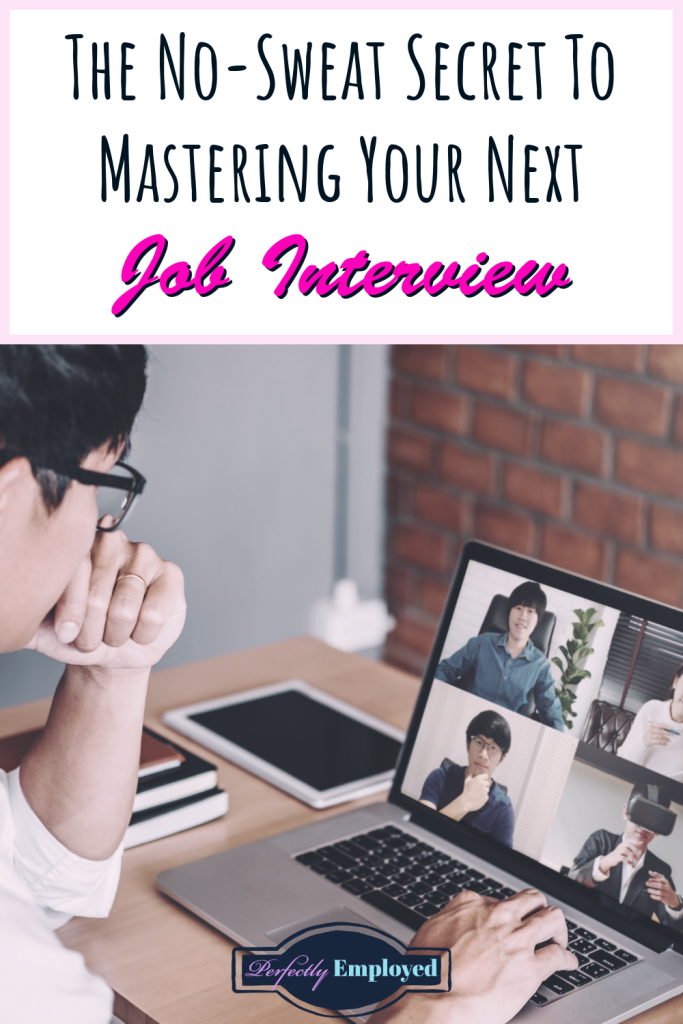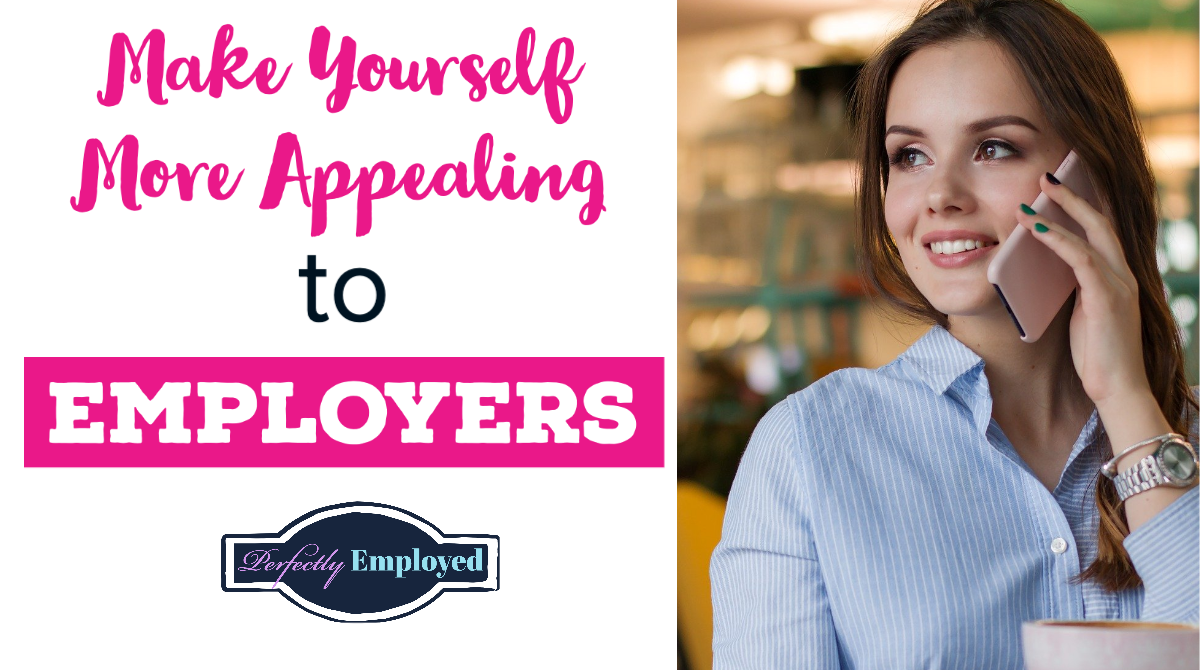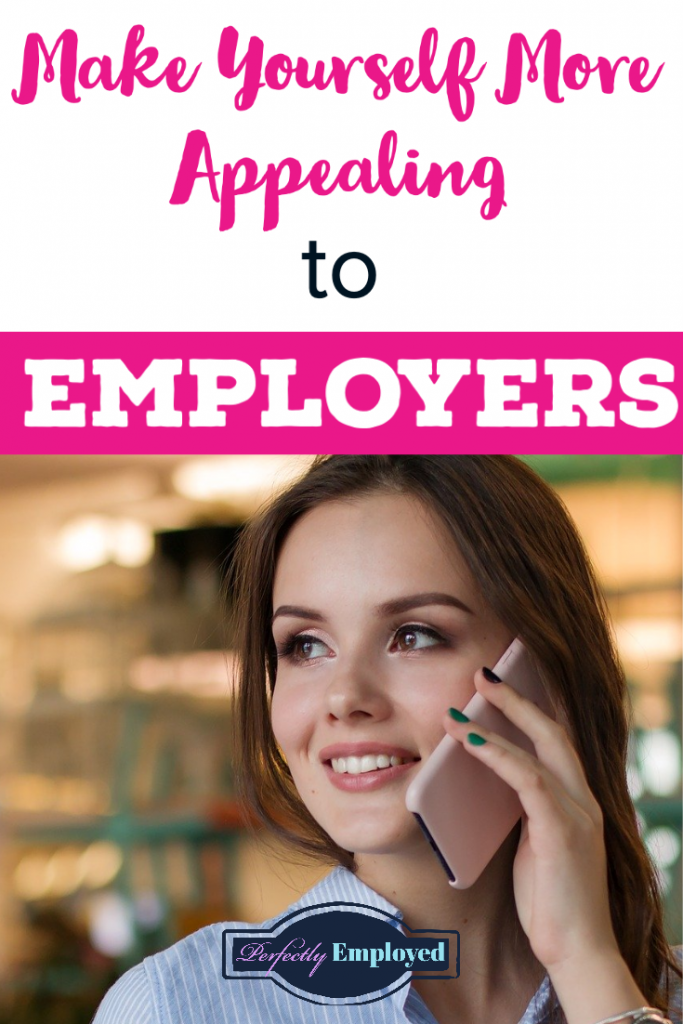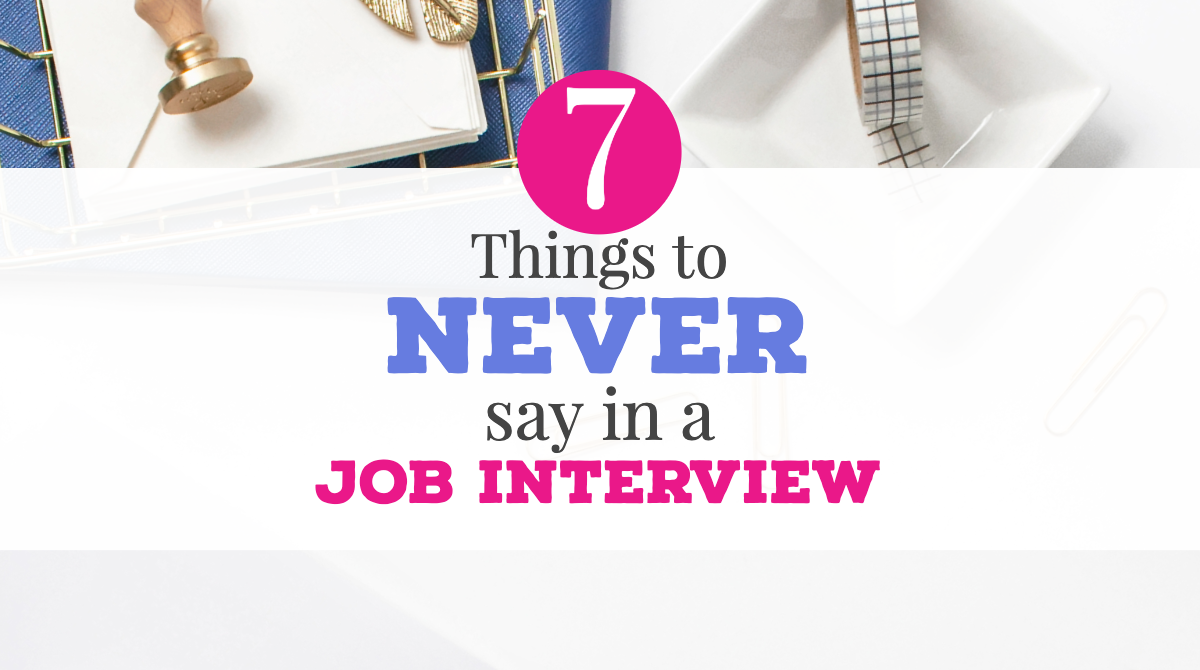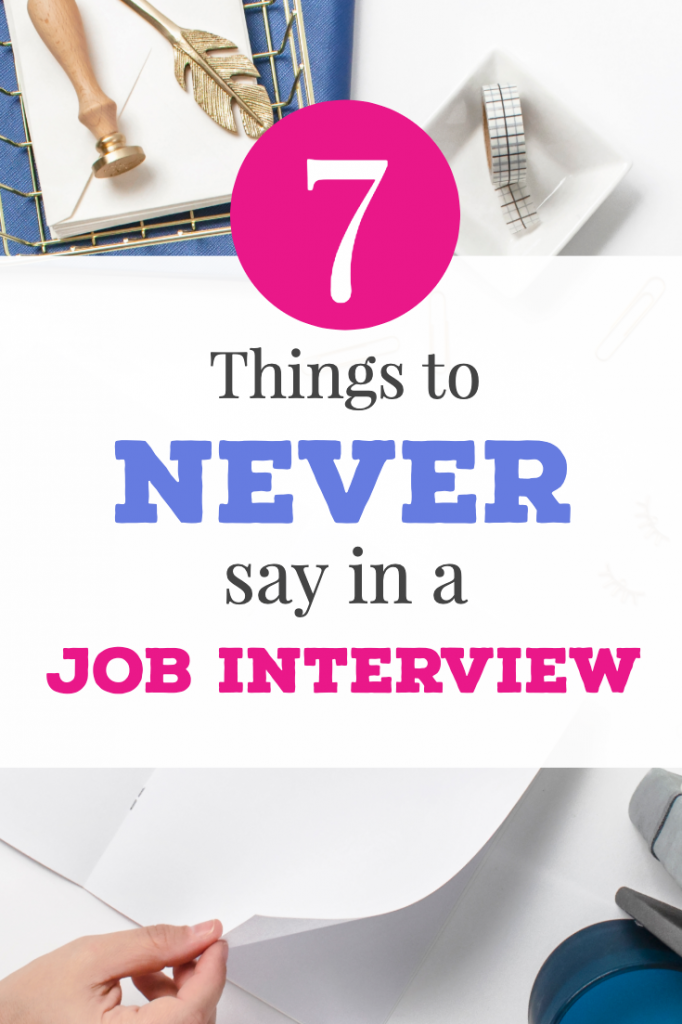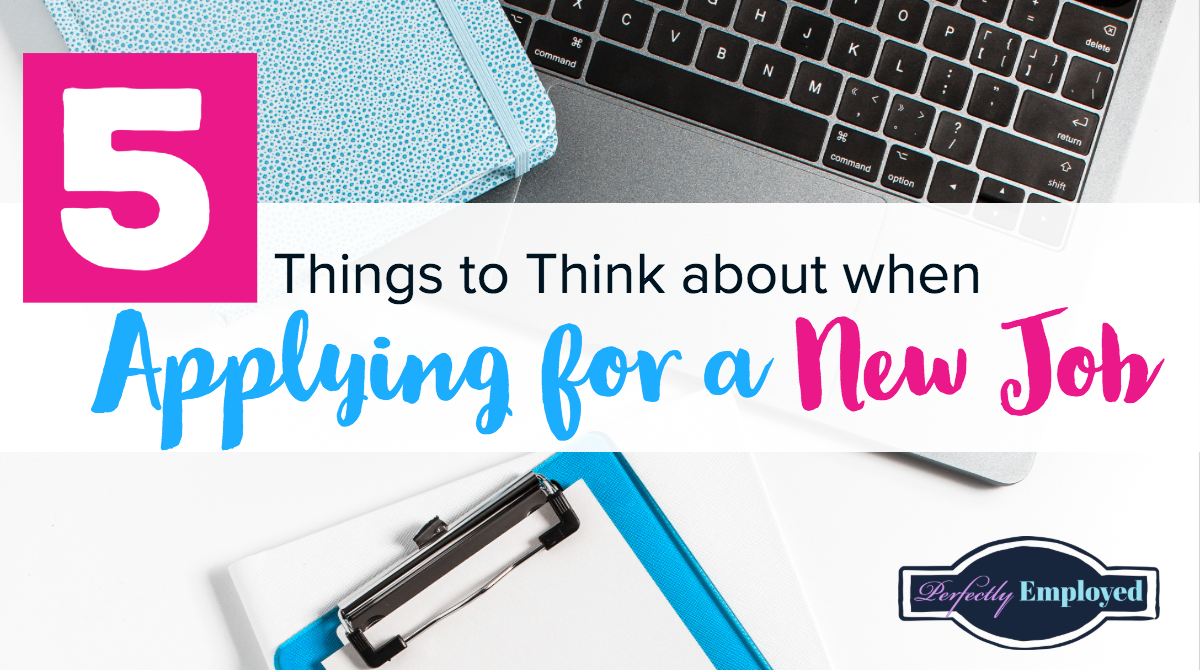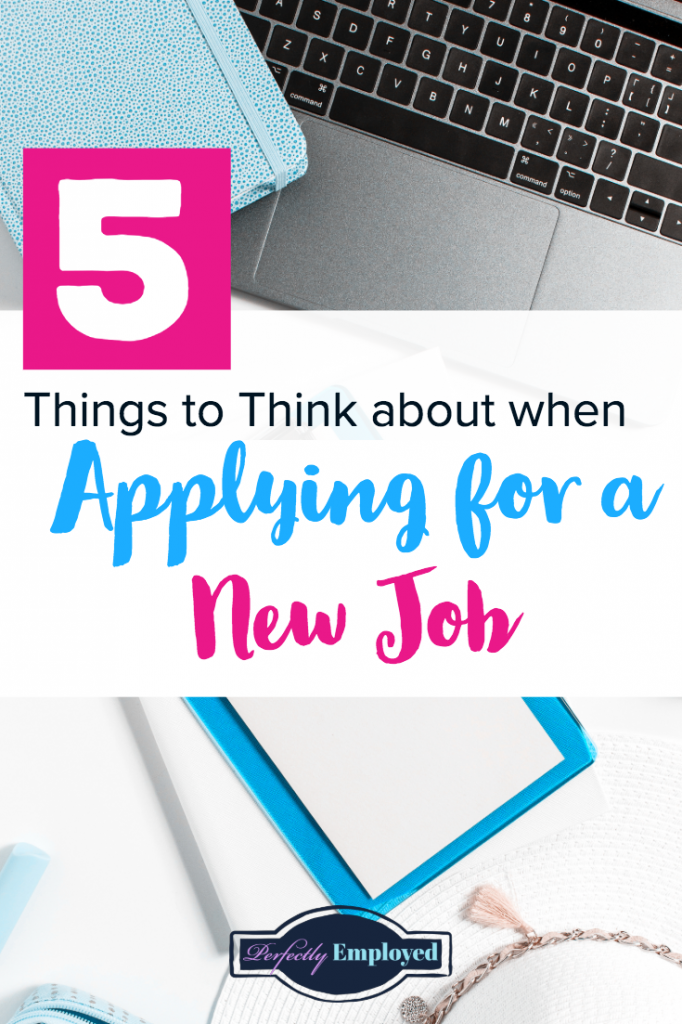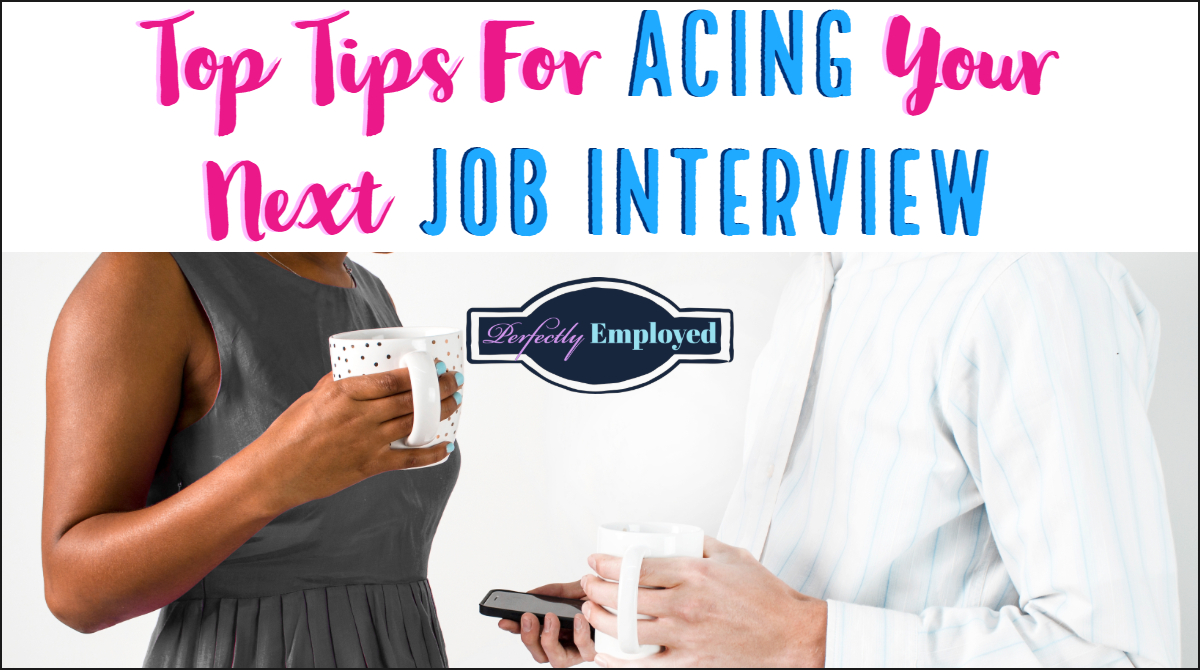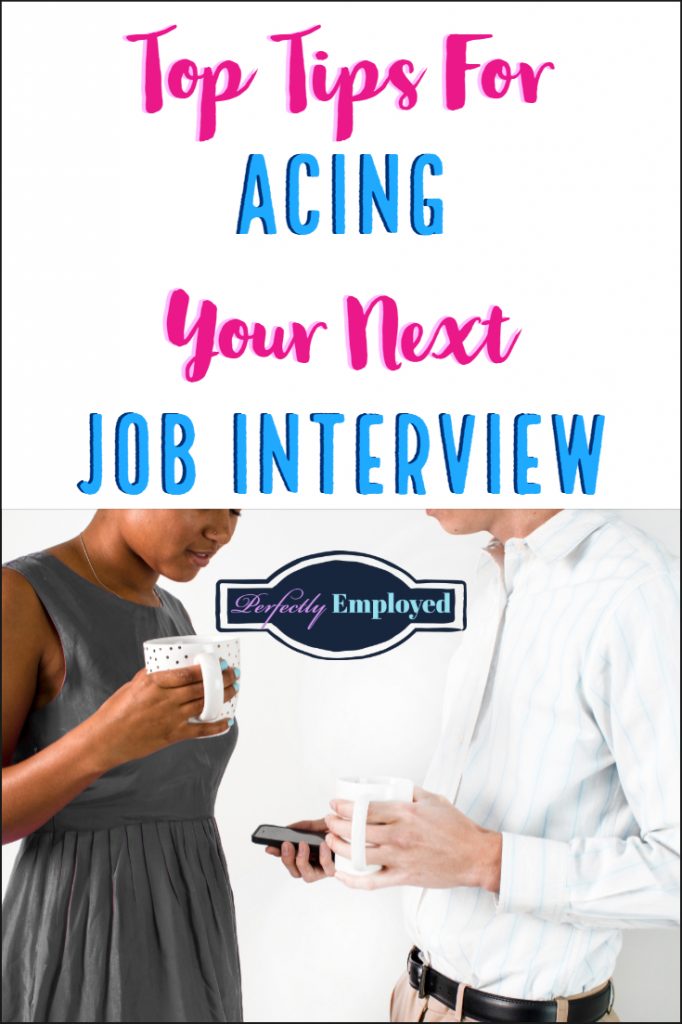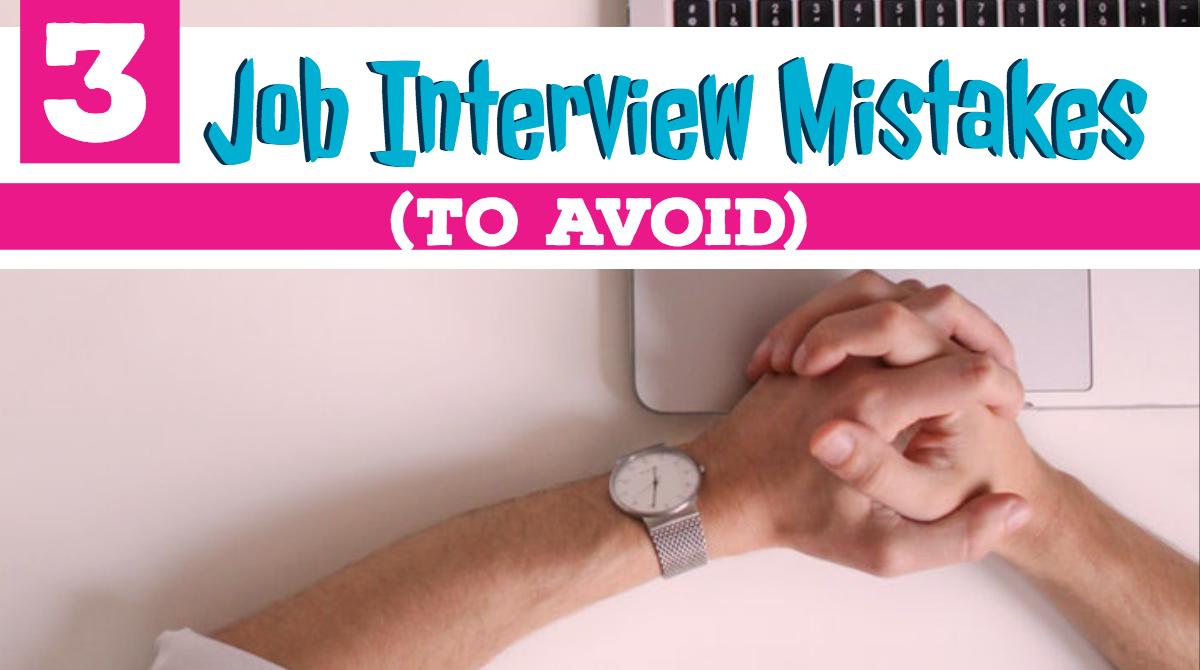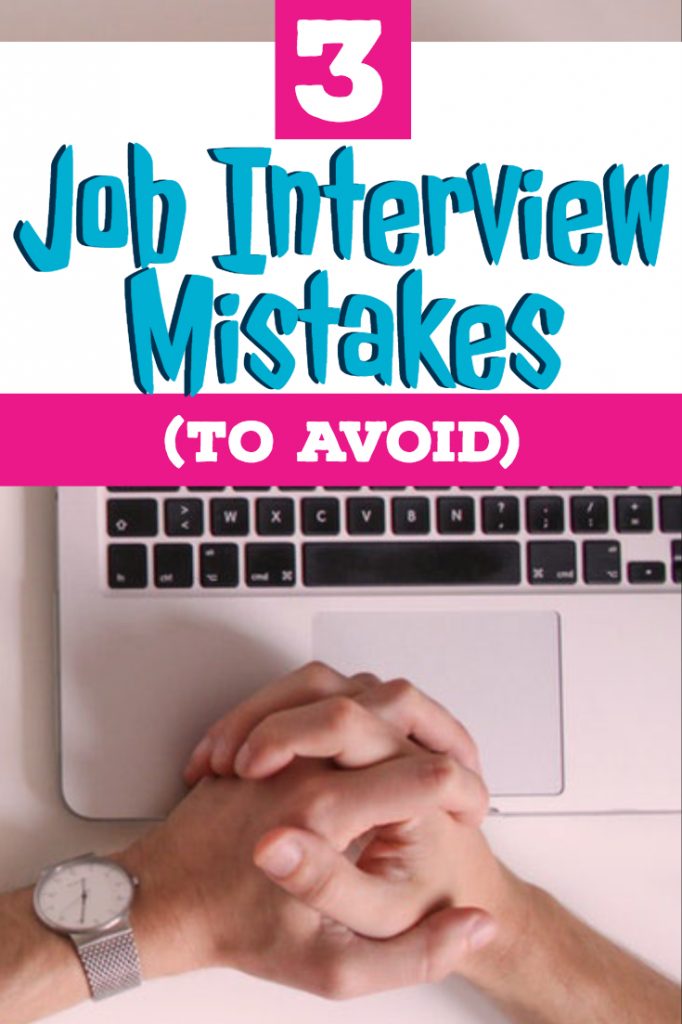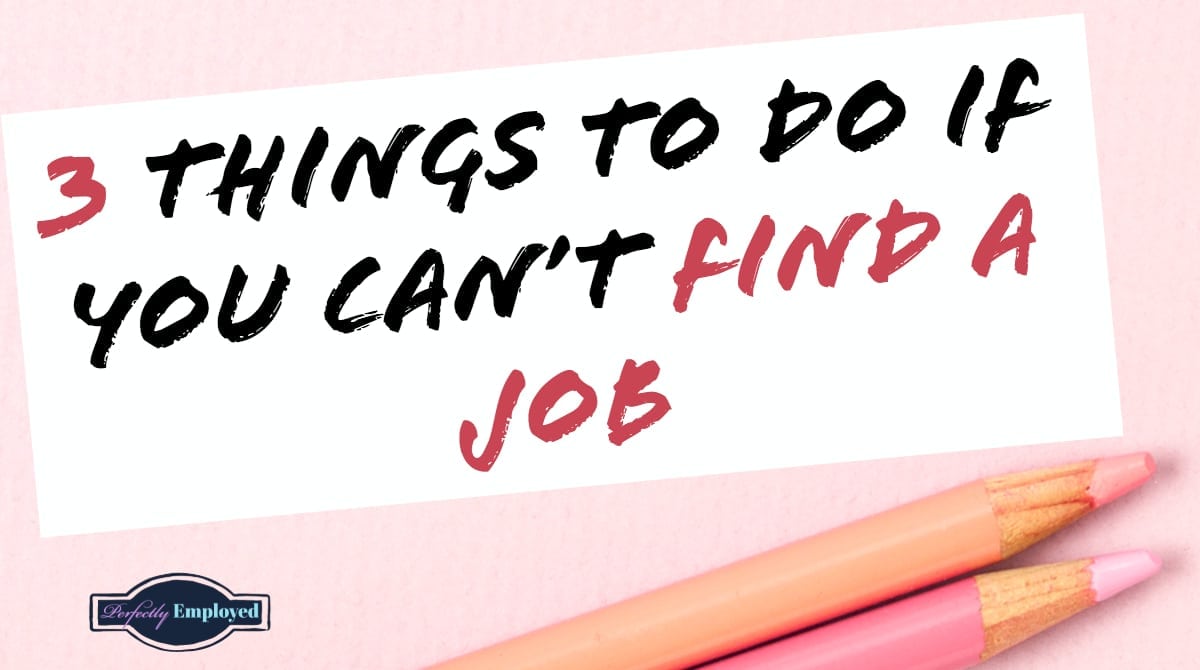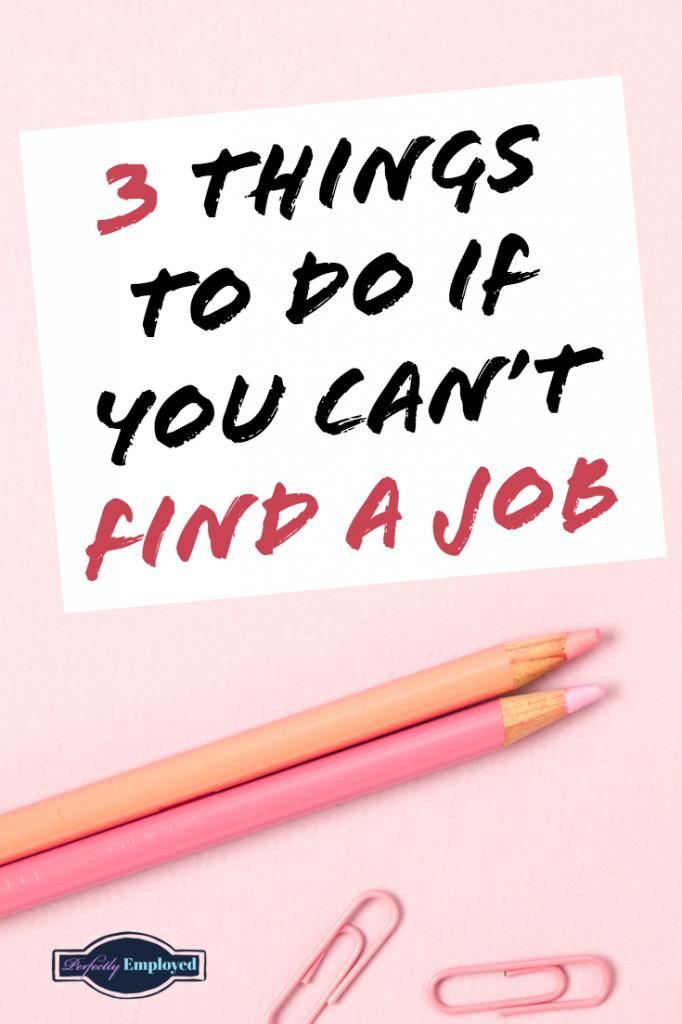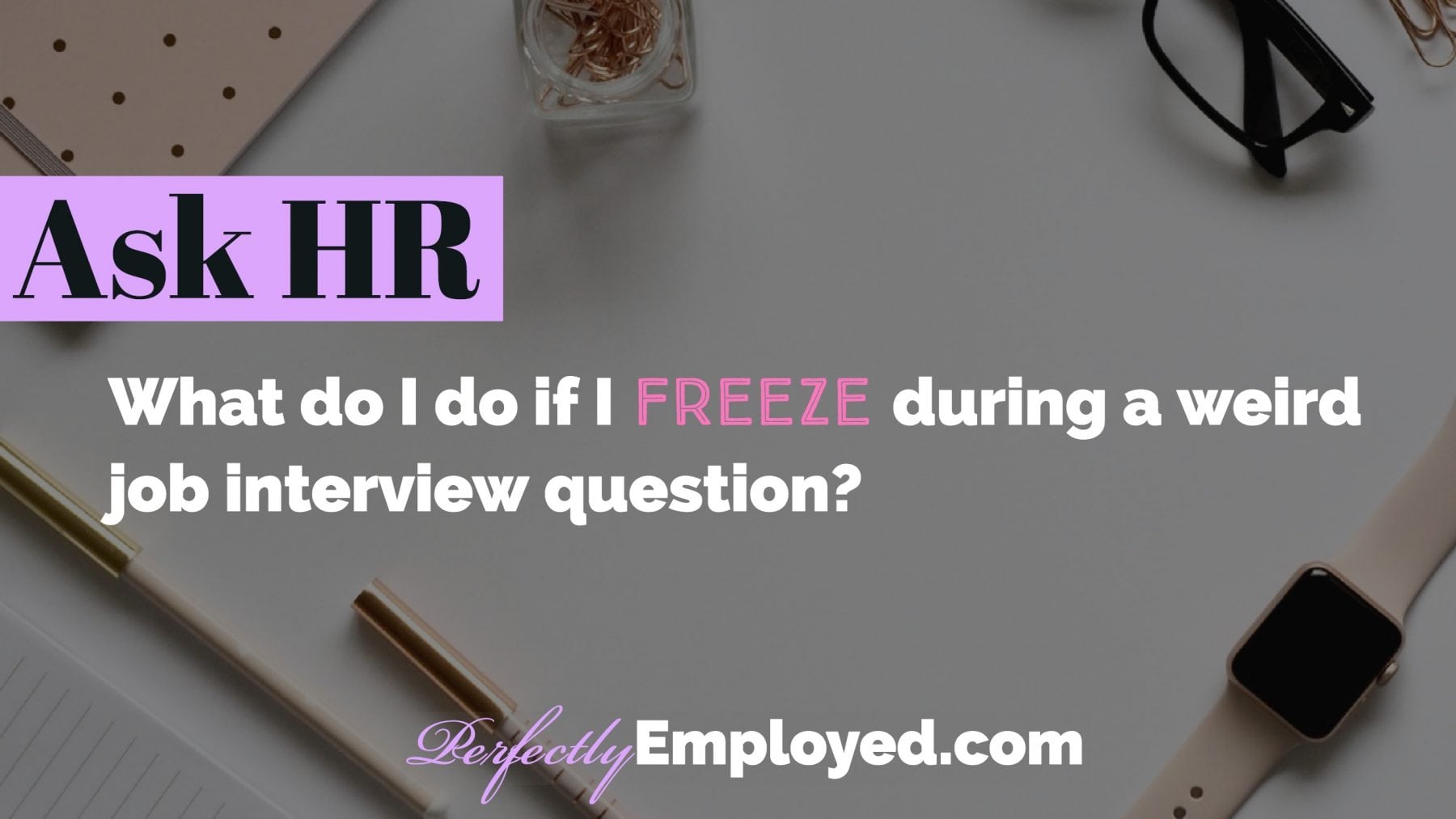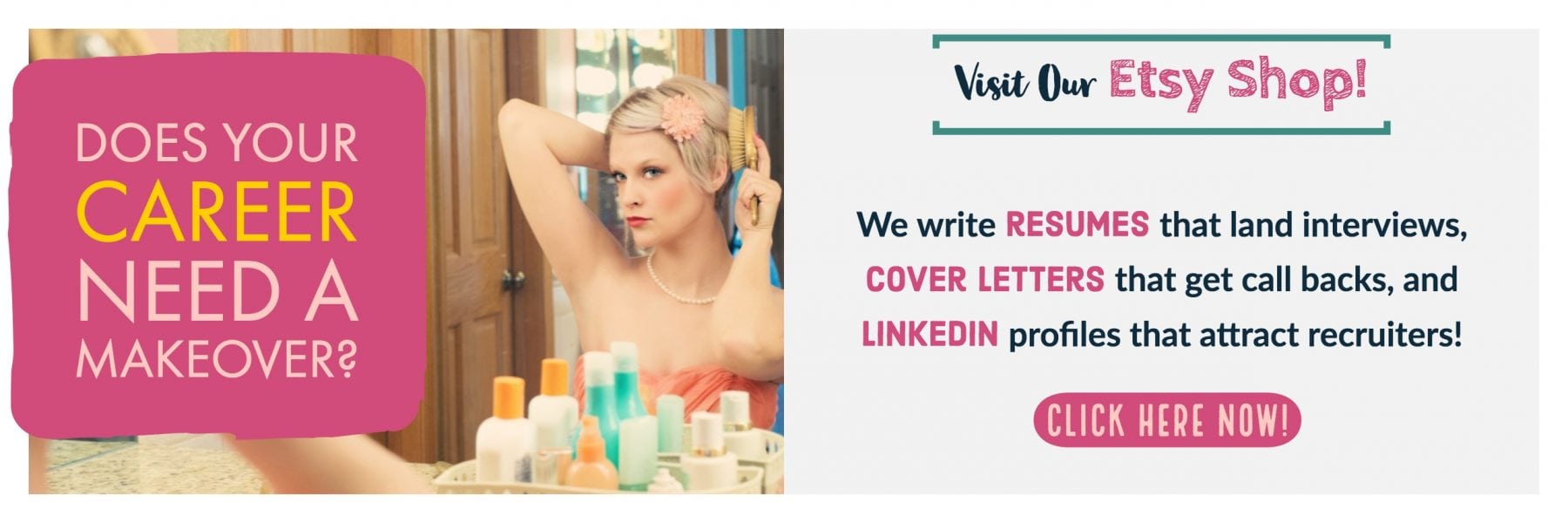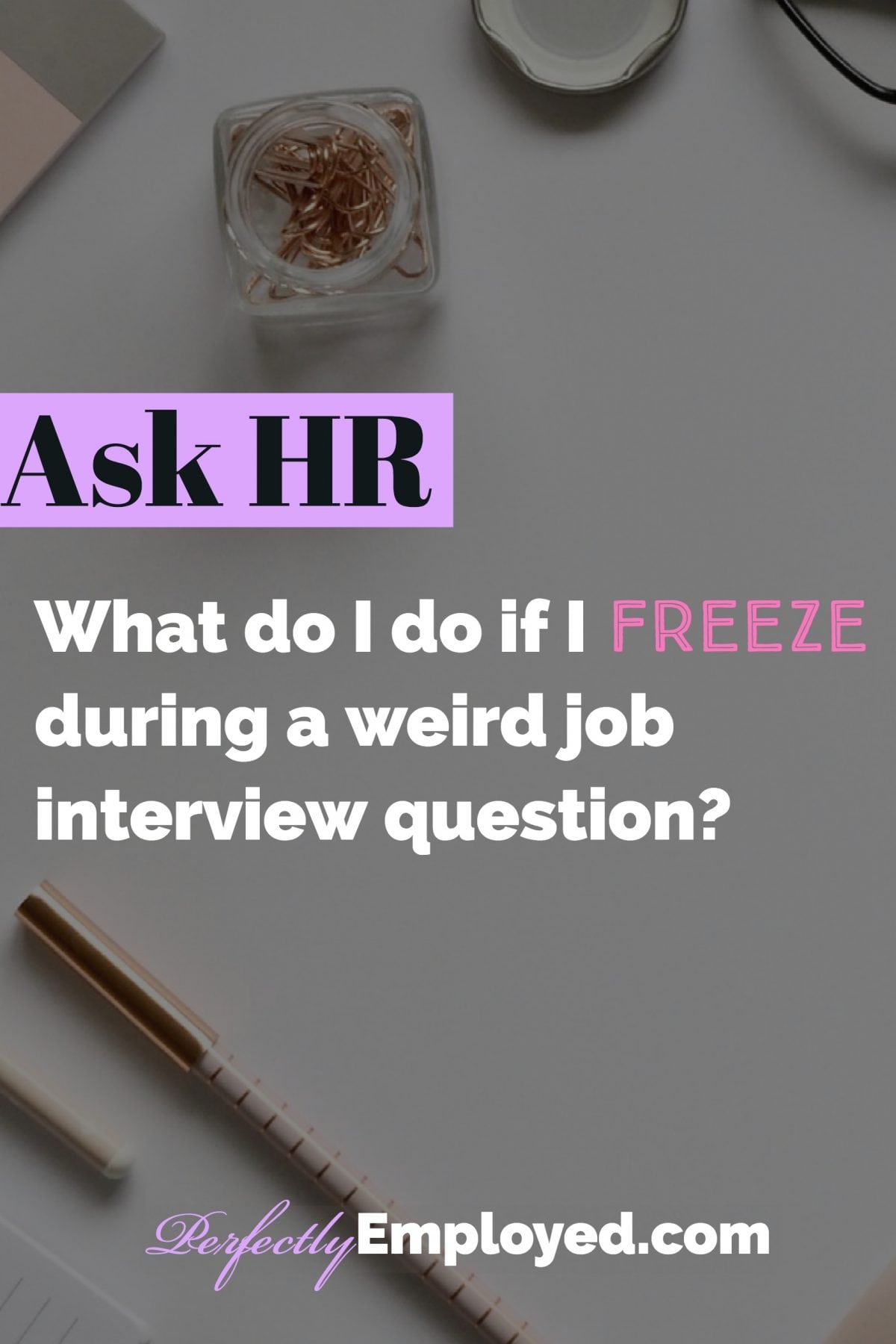
Do you have a job interview? Job interviews can be very stressful for several reasons, including the pressure to impress, fear of rejection, and uncertainty about the outcome.
Keeping calm during a job interview is important for several reasons. When you’re nervous, it’s easy to become flustered and struggle to convey your qualifications and experiences. Sweaty palms, cold sweat down your back, and an unshakable stutter are some of the most common signs of high nervosity. The bad news is that those are frequently noticeable, even if you are having your interview in a Zoom meeting. So you want to stay as calm as possible.
Besides, this can also help you handle unexpected challenges or difficult questions with grace. Instead of panicking or freezing up, you are better equipped to tackle each question thoughtfully and respond with confidence. This will leave a much better impression on recruiters!
So what can you do to keep your cool during the interview?
Approaching the Day with Calm
Visualization is a powerful technique for calming the mind before an important event. Athletes frequently use it before competitions. Take a few moments to imagine yourself in the interview room, confidently answering questions and impressing the interviewer. Visualizing success can help you build confidence.
Of course, if you are prone to being nervous, you may want to look for soothing supplements, such as ashwagandha and magnesium. It may also be worth exploring CBD products. Cannabidiol is a compound known for its calming effects. It interacts with the body’s endocannabinoid system, which regulates mood, stress, and other functions. So, this could be a great way to supplement your pre-interview routine altogether.
Practice the Most Likely Questions
To practice ahead for job interviews, you can use resources like ChatGPT to access commonly asked interview questions. ChatGPT uses artificial intelligence to generate responses based on a vast dataset of training data. This makes it a reliable source for preparing because there is a lot of material readily available about job interviews. In other words, practicing with ChatGPT could be the equivalent of practicing with professional recruiters who have a long experience interviewing. You get access to the most relevant questions.
The good news is that interview questions have not changed a lot, so it is easy to prepare for questions that you will likely be asked.
Naturally, you want to focus on articulating your experiences, skills, and achievements in a clear and concise manner. But you can use ChatGPT to help create concise responses too.
Related Posts You Might Enjoy
- Top Tips For Acing Your Next Job Interview
- 3 Enormous Job Interview Mistakes (to avoid)
- 7 Things to Never Say in a Job Interview
What Does the Interviewer Need to Hear?
If you can, try to understand the purpose of each question asked during the interview. Not all interviewers are skilled at asking questions, and some may ask generic questions instead of exploring your experience. By putting yourself in the shoes of the interviewer, you can decipher what they’re trying to learn about you and tailor your responses accordingly.
This conversational podcast on job interviews highlights the different mindsets between interviewers and candidates and can be helpful for job seekers. The discussions here provide insights into the interview process from both perspectives, helping you better understand what interviewers are looking for, how it can make candidates feel, and how to effectively communicate your qualifications.
So, it’s time for you to prepare for your job interview. Rehearsing potential questions and understanding the purpose behind some questions can be a game-changer. With preparation and a calm mindset, failing job interviews can become a thing of the past!
Save to Pinterest
